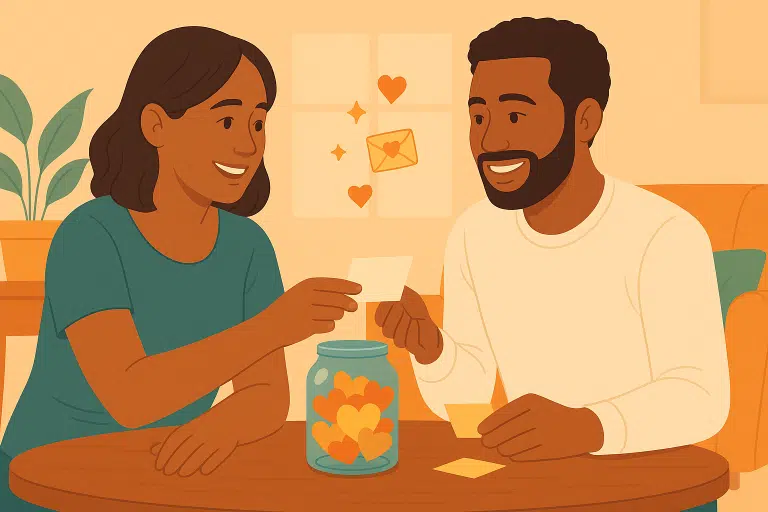It’s a strange realization when you notice you are more forgiving and compassionate to acquaintances and strangers than the people we’ve chosen to spend our lives with. How does this happen? Have you ever found yourself going through the day being the kind and easy-going person you see yourself as, only to arrive home to become snappy and short-tempered? Why do we find ourselves losing patience with the ones we love the most? Let’s explore this phenomenon, drawing insight from relationship researchers and Emotion Focused Therapy (EFT).
Relational therapists believe that our interactions and behaviors in relationships are driven by our deepest emotional needs for connection, security, and validation. When these needs are not met, it can lead to distress, triggering a cascade of defensive responses that erode the fabric of our relationships. One of the seminal figures in relationship research,
Dr. John Gottman, identified four destructive communication patterns that can warn of deteriorating relationships: contempt, defensiveness, criticism, and stonewalling (Gottman, 1999). These behaviors often arise when one or both partners feel emotionally disconnected or invalidated.
Contempt, perhaps the most toxic of the four traits, is characterized by a sense of superiority and disdain towards one’s partner. It is mean, manifesting in sarcasm, eye-rolling, and mockery. signaling a deep-seated lack of respect. When we lose patience with our loved ones over and over again, resentment can build up into contemptuous reactions.
Defensiveness is another common response when one or both partners have unmet needs. Instead of taking responsibility for our actions or acknowledging our partner’s perspective, we may deflect blame or make excuses.
Criticism, the act of pointing out flaws in someone’s character or behavior, can also contribute to disconnection in relationships. When we feel hurt, lonely, or disrespected, it’s easy to resort to criticism as a way of expressing our pain. However, this often backfires, creating a cycle of negativity and resentment.
Stonewalling is the act of withdrawing or shutting down emotionally and it is a common response when patience is running low. Instead of engaging with the issue or partner, we may shut out our partner or refuse to communicate altogether. This silent treatment only serves to deepen the emotional divide, leaving both partners feeling isolated and misunderstood.
So, why do we lose patience with the ones we love? At its core, it’s often a reflection of unmet emotional needs and unresolved conflicts. When our deeply human longing for connection is thwarted, it can trigger a primal response, leading to protective behaviors that are attempts to protect us from further pain.
As trust is restored, our protections become less easily triggered. The ability to identify and express underlying emotions in a safe and supportive environment can encourage softer and more engaged responses from one’s partner. By exploring the raw vulnerability beneath the surface, couples can begin to heal old wounds and rebuild trust and intimacy. For example, instead of lashing out employing contempt or criticism, we can learn to express our underlying feelings of hurt or disappointment. By sharing our emotional truth with our partner, we invite them into our inner world, fostering empathy and understanding.
Similarly, when faced with defensiveness or stonewalling, we can learn to approach our partner with compassion and curiosity. Rather than escalating the conflict, we can create space for open dialogue and active listening, validating each other’s experiences and perspectives. In essence, the key to overcoming impatience in relationships lies in cultivating emotional attunement and vulnerability. By creating a safe and supportive emotional environment, couples can navigate the inevitable challenges of love with grace and resilience.
Losing patience with our loved ones is a common yet deeply painful experience. An important first step to breaking this negative pattern is to build awareness of how and when these four indicators of strained communication present themselves in the relationship. In order to heal old wounds, it is important to recognize the value and purpose of our protective parts. They can lead to core beliefs and old wounds. It’s through vulnerability and empathy that we can truly bridge the divide and build a love that stands the test of time.
Looking to speak with a couples therapist; book a complimentary consultation HERE with one of our couples therapists who can help you.












